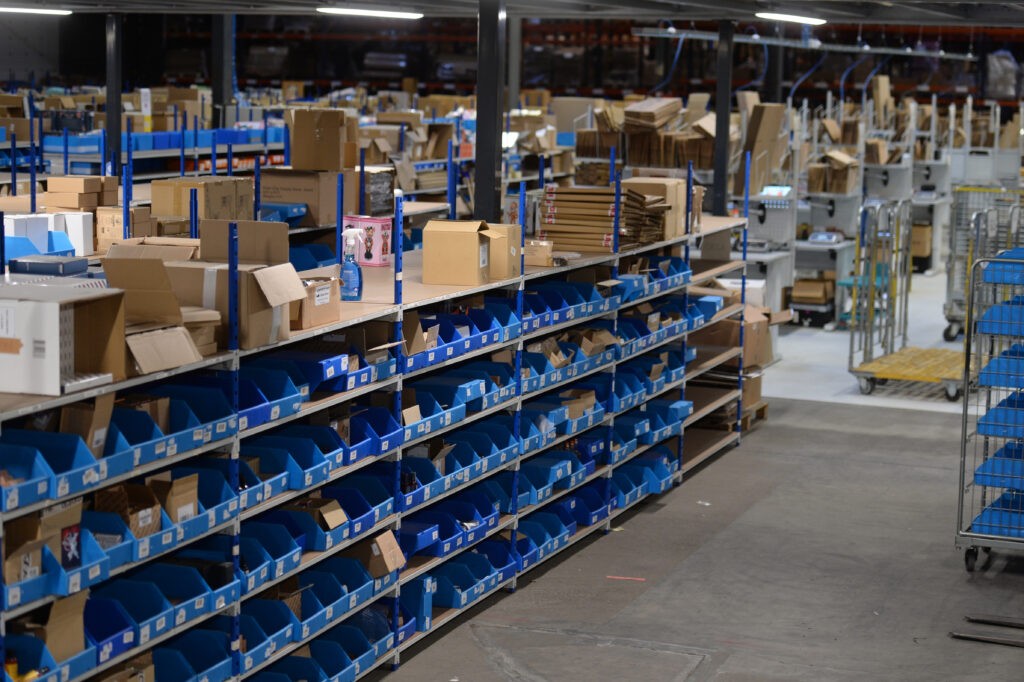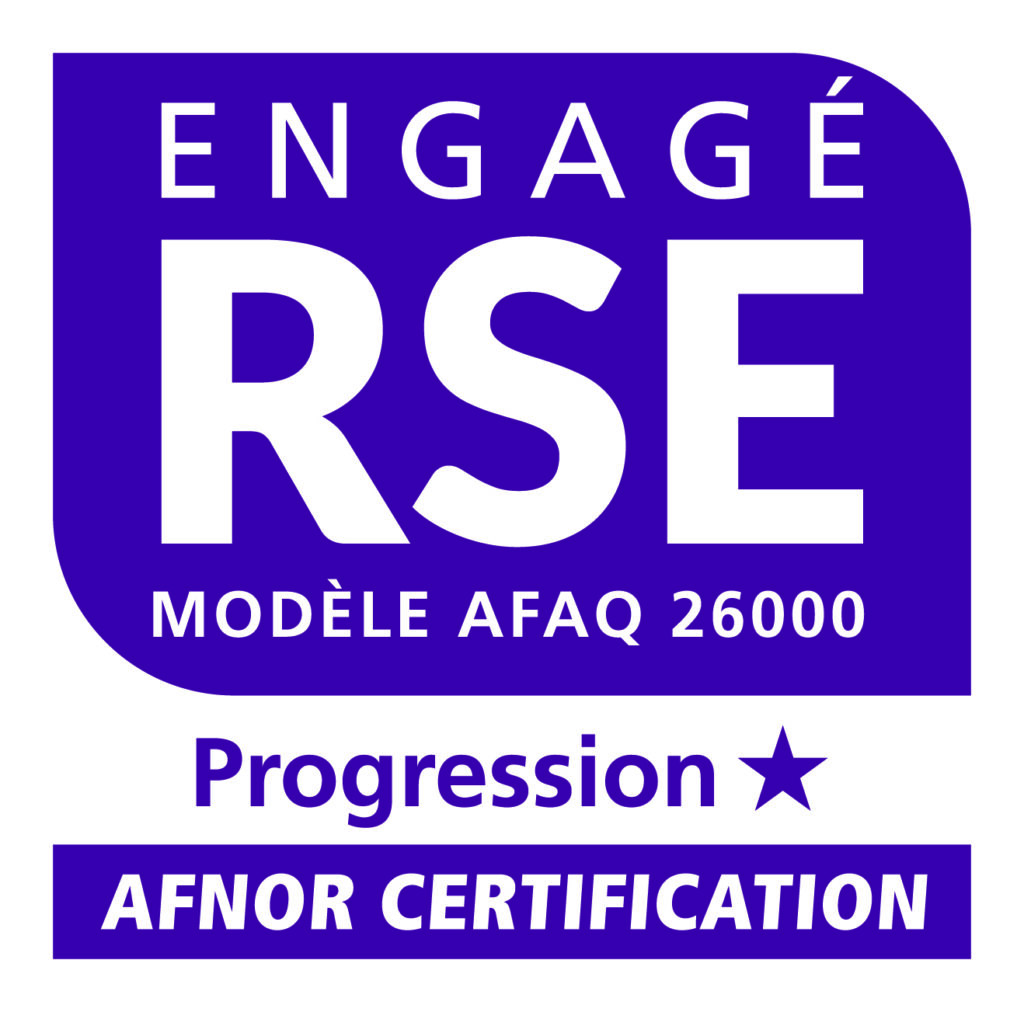Why obtain CSR certification for logistics?

Logistics and CSR: not compatible? And yet they are! In a sector responsible for 30% of greenhouse gas emissions (including transport), it is now essential to invest in reducing its impact. CSR certification in logistics is a real asset, and a guarantee of sincerity and commitment for companies. How did Logisseo go about obtaining the label? What's at stake? What's next? We tell you all about it.
What is CSR?

Corporate Social Responsibility is a policy implemented by policy implemented by organizations to improve various aspects and ways of working. The European Commission has defined it as "the voluntary integration by companies of social and environmental concerns into their commercial activities and their relations with stakeholders". This means that companies implementing this policy aim to pay particular attention to the impact on their stakeholders, as well as to the environmental spin-offs generated by their activity.
CSR is based on 3 fundamental pillars: social, environmental and economic. These 3 aspects are inseparable. If we want to act virtuously, it's important to always take each of these pillars into consideration.
This is the ISO 26000 which lays the foundations for CSR. It covers 7 major topics:
- Organizational governance : how to manage and organize a company ethically
- Contribution to local development, which aims to use local service providers to develop the business;
- Human rights, the principle of guaranteeing the physical and moral integrity of employees;
- Workplace relations and conditions, which focuses on employee well-being and pleasant, safe working conditions;
- The environment, which suggests taking into account the ecological aspects of an activity;
- Good business practices, which encourage companies to adopt ethical, transparent and responsible practices;
- Consumer protection, which focuses on the quality of products and services marketed.
These ideas are the themes on which companies should base their actions. They make it easier to act, and quickly identify which changes need to be implemented as a priority in their sector or activity.
What's involved in obtaining a CSR label?
The CSR label provides official recognition of a company's efforts to integrate sustainable practices into its logistics operations. More than just a label on a logo, it demonstrates a genuine commitment and willingness to invest in environmental, social and societal issues.
Assessment by a certifying body initially enables a company to prioritize its challenges, in order to frame its CSR policypolicy, then determine the actions to be taken and measure their impact.
Being awarded a label also means that you can legitimately communicate about your actions. A label validates an approach and supports it, both in terms of what has been done and what is planned.

CSR certification also encourages companies to maintain a sustainable commitment, and challenges them to adopt ever more innovative and virtuous practices. It sets a course.
The stages of a CSR label, the case of Logisseo
Before the audit
The process of obtaining CSR certification for logistics involves several stages.
At Logisseo, we first compared the various labels according to our needs and values, which led us to select the Engagé RSE label from AFNOR. After contacting the organization and gathering all the information we needed prior to the audit, we created an in-house position to manage the project and implement the future strategy.
Several months before the audit, we began by carrying out an in-depth assessment of the company's CSR situation. We analyzed current practices, drew up a list of actions already implemented, and identified the company's strengths and weaknesses. All this was recorded in a report sent to the auditor beforehand, along with dozens of documents supporting our approach: HR policy, carbon footprint, internal and customer surveys, etc.
D-Day
For 2 and a half days, an independent assessor, appointed by AFNOR, came to scrutinize Logisseo's actions and commitments. He followed a very precise schedule, during which numerous questions were put to the CSR project manager and to members of the management team, who have been behind the approach since its inception.
But that's not all! In order to obtain as much information as possible, and to be able to assess the CSR approach from all angles, the auditor also interviewed numerous stakeholders, both internal and external: employees, several customers, our main suppliers, certain partners...
After the audit
For several weeks, we (im)patiently waited for the results: label obtained? what level? was our commitment fairly perceived? did we make mistakes?
Then, at the beginning of May, we received our label notification: we had reached level 2/4 of the Engagé RSE label, valid for 3 years!
But the work has only just begun. Indeed, one of the main objectives of this label was to become aware of our practices, to situate ourselves in relation to the sector (in other words, to know if what we were doing was right) but above all to structure our approach and give it momentum.
Launching a CSR approach after obtaining a label

Obtaining this label gives us credit and enables us to pursue a more structured approach. Thanks to this label, we were able to define specific and achievable CSR objectives, following which we drew up a clear action plan, based on our priority issues, to which we allocated resources.
Labeling requires regular monitoring of the progress made, and involves assessing the impact of the initiatives put in place. Indeed, a label is not simply there to enable a company to communicate. On the contrary, it is the key to a sustainable CSR approach, which is why it is valid for 3 years and requires a mid-term assessment after 18 months.
You know how to get your CSR label! To discover the daily life of a logistics company, follow us on LinkedIn or Instagram